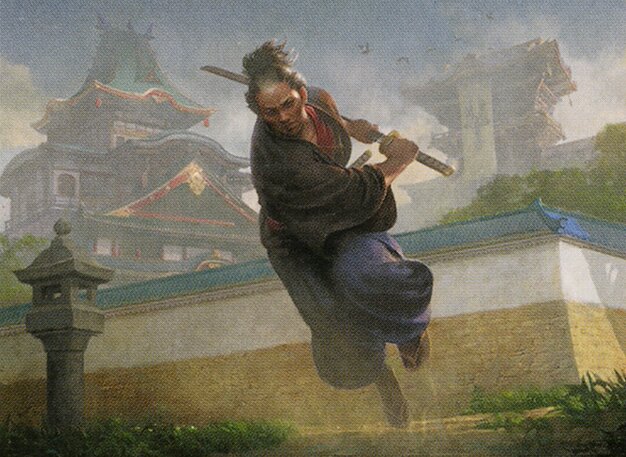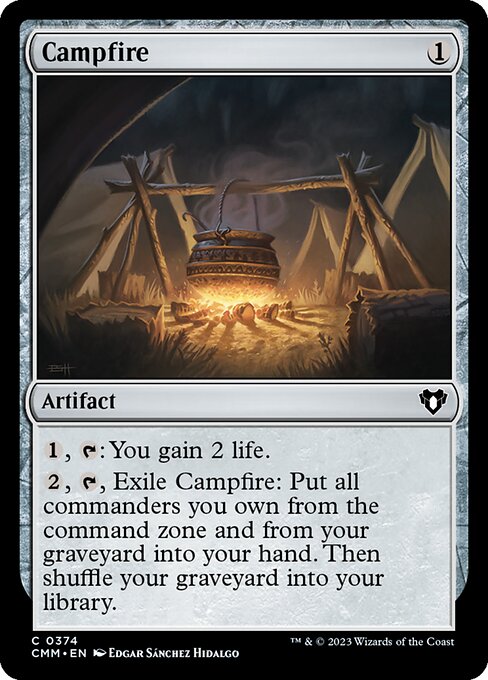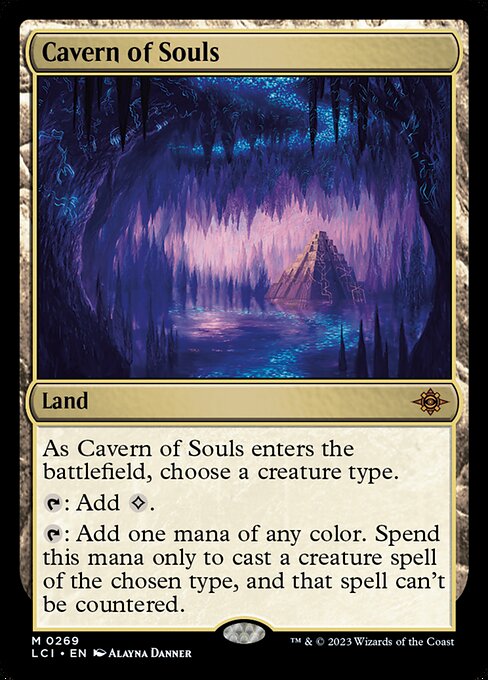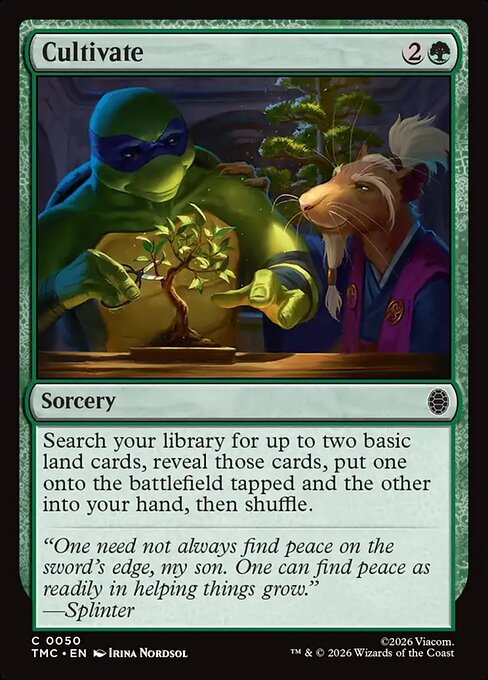Deck & Commander Strategies

Tetsuo, Imperial Champion
Focuses on equipping Tetsuo with various equipment to enable powerful attack triggers that either deal damage or allow casting instants and sorceries for free, embodying a lone warrior theme similar to Dark Souls.

Maarika, Brutal Gladiator
Utilizes a large indestructible creature that forces opponents to sacrifice noncreature, nonland permanents when it deals excess damage, applying continuous pressure and disruption.

Rufus Shinra
Aristocrats style deck that creates tokens and sacrifices creatures to generate value and incremental advantage, leveraging synergy between creatures and sacrifice outlets.

Professor Hojo
Mono-green ramp and card draw engine that reduces activated ability costs on creatures and draws cards whenever creatures become targets, enabling efficient resource development and spellcasting.
Gameplay Insights
- 1
The decision to play Campfire early with Tetsuo mirrored the Dark Souls mechanic of save points, allowing the player to stabilize before committing to combat.
- 2
Professor Hojo's ability to reduce activated ability costs and draw cards when creatures were targeted created strong card advantage and tempo.
- 3
Maarika's excess damage sacrifice effect forced opponents to carefully consider their attacks and blocks, influencing board state and resource management.
- 4
Rufus Shinra's use of fighting creatures like Prize Fight allowed efficient removal and treasure generation, bolstering his aristocrats strategy.
- 5
Tetsuo’s restraint in attacking without equipment initially demonstrated strategic patience, preserving his commander until adequately equipped for maximum impact.
Notable Cards
-

Tetsuo, Imperial Champion
-

Maarika, Brutal Gladiator
-

Professor Hojo
-

Rufus Shinra
-

Campfire
-

Exploration
-

Cavern of Souls
-

Cultivate
Gameplay Summary
The game began with players establishing their boards primarily through mana ramp and strategic creature deployment.
Tetsuo, Imperial Champion led a Dark Souls-themed equipment-focused strategy, aiming to become a one-man army by equipping his commander and leveraging his combat triggers to either deal damage or cast spells for free.
Maarika, Brutal Gladiator presented a formidable indestructible beater that forced sacrifices on excess damage, creating pressure on opponents to manage their permanents carefully.
Rufus Shinra embraced an aristocrats-style synergistic deck, producing tokens and leveraging sacrifice effects to gain incremental advantage.
Professor Hojo used mono-green ramp and card draw synergies, reducing spell costs and drawing cards when creatures were targeted, enabling a steady flow of resources and board presence. Early turns featured players developing their mana bases and deploying key creatures like Professor Hojo and Maarika.
Tetsuo cautiously advanced without immediate equipment but still attacked to chip away at opponents.
A pivotal moment occurred when Hojo capitalized on protection-granting lands to reduce costs and draw cards efficiently, highlighting the deck's strong value engine.
Meanwhile, Rufus Shinra's aristocrats creatures clashed with Maarika's ability, resulting in fights and sacrifices that shifted board control.
The game maintained a tense balance with players navigating combat and resource management carefully.
Tetsuo's Dark Souls theme was reinforced by playing a campfire, symbolizing a save point before escalating conflicts.
As the game progressed, interactions involving fighting creatures, creating treasures, and managing protection effects shaped the flow, setting the stage for a climactic showdown among these thematic decks.





























